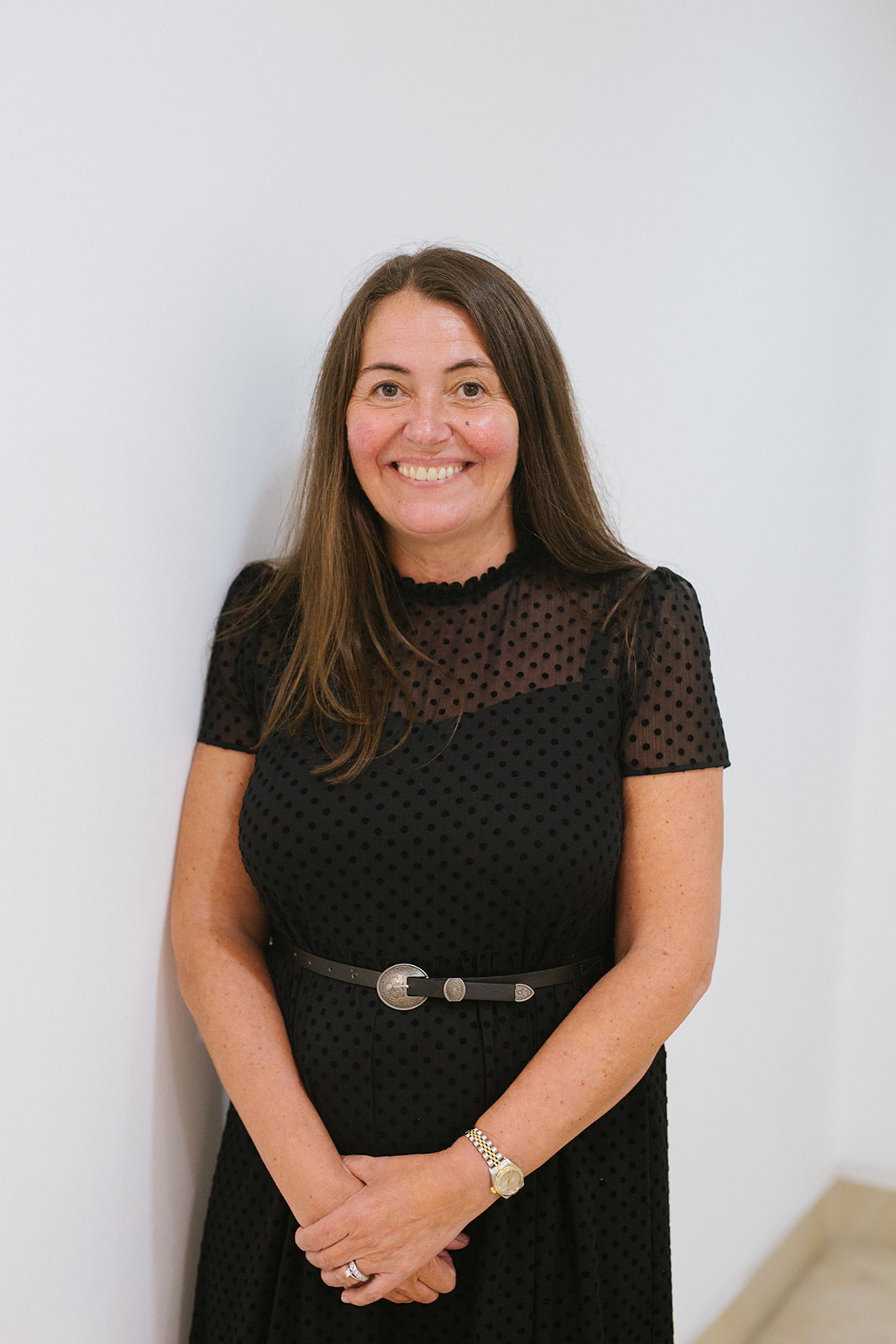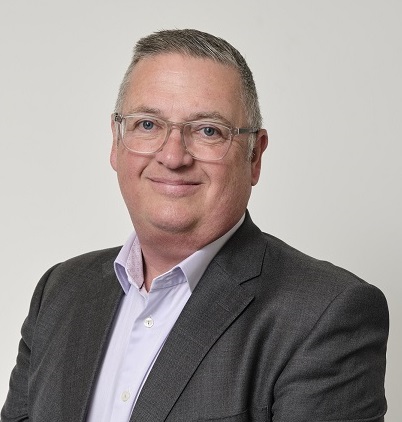Fighting Fraud with Matt Gilham
Modern Insurance Magazine loved catching up with WHITELK’s Matt Gilham at the Insurance Innovator’s Summit back in November, to chat about the rising risk of fraud and how the industry is fighting back.
Q. Hi Matt! It’s fantastic news to hear about the growing success of WHITELK Fraud Performance Consulting! Can you tell us more about the company? Where did you get the idea for the company, what do you do, what are your key goals and how you are supporting the sector?
A. Whitelk was born out of a belief in driving innovation and tackling insurance fraud, both of which became clear as key goals during our counter fraud delivery within esure’s digital transformation. This proved the potential to ‘win at both’: delivering greater value from fraud in an incremental, agile way and in a new digital world, while also delivering against CX and operational cost objectives.
Whitelk’s symbolism is especially important; I’ve a strong connection to Scandinavia and have been lucky enough to see the Swedish elk in the wild. In Norse myth, a white elk signifies protection, unlocking unrealised potential, change, strength, courage and agility.
Through Whitelk, we will support clients that have a genuine ambition to excel at stopping fraud, whilst simultaneously delivering excellence for the majority customer base (‘stopping the bad and protecting the good’), reducing losses and the total cost of fraud.
Q. What are the challenges facing the insurance industry at the moment, and how are you working to overcome them?
A. We’re in unprecedented times in tackling insurance fraud.
While we understood our fraud threats as an industry five or ten years ago, we sometimes struggled in finding the solutions to tackle new and emerging types of fraud. This challenge has evolved, and instead we have a wide range of solutions available, but now need to most effectively layer solutions for the greatest impact and return on investment.
At the same time, counter fraud must work hand in glove with achieving other corporate goals, such as those within digital transformation; especially delivering operational cost reduction and ever faster automation at all stages of the customer, policy and claim lifecycles. We’re also dealing with the ongoing impacts of regulatory change with greater focus on the consumer, an upheaval in digital payments, migration of fraud following the CLA, and the cost of living / recessionary drivers of potential increases in consumer fraud.
All-in-all, it’s a perfect storm, creating massive opportunities for those that get fraud control right. We help by collaborating with our clients to take a step back from traditional insurance business silos, using our experience across data and analytics, operational performance, digital transformation and people leadership to help them enhance overall performance.
Q. How do you help deliver high performance in counter-fraud whilst maintaining great customer experiences? How can counter-fraud innovation underpin CX transformation?
A. We’re in what I call the ‘third wave’ of fraud capability in UK insurance – and this is demanding continually improving counter fraud performance while also delivering wider company key results and objectives.
Insurers focused on building more integrated fraud capability throughout the early noughties; through more formal Subject Matter Expert teams, investment in analytics systems, adoption of softer skills such as cognitive interviewing, and increasing support of then embryonic industry utilities such as the Insurance Fraud Bureau (‘IFB’). We saw a further evolution during the decade following, with counter fraud capability becoming a norm, the embedding of the industry utilities and investment in more powerful analytics and technology such as device recognition and emergence of AI/ML.
In this third wave, we’re now seeing insurers pushing for optimisation, rather than accepting a trade off of stopping fraud versus other goals; improving fraud loss reduction while also delivering a faster and more efficient customer and claimant journey.
Excellence at stopping fraud and CX more than ever requires a true end-to-end view of the customer journey across the entire policy lifecycle and enterprise approach. Some areas we’ve taken forward in digital transformation have included increasing accuracy in fraud detection using AI/ML, allowing more customer interactions to be greenlighted, reducing customer validation at point of claim (the moment of truth) from embedding improved validation at point of quote and sale, frictionless customer authentication to protect against account takeover, and stepping up identity and payment authentication as a foundation for immediate and secure claim settlement. All deliver ‘invisible security’; reducing fraud while also enabling superior CX.
Q. How can we create an industry-wide culture of fraud awareness?
A. Firstly, let’s acknowledge how positively we are doing as a sector already. We have a great many experienced and very passionate fraud leaders across our industry. We’ve also got globally leading bodies such as the ABI General Insurance Fraud Committee (‘GIFC’), IFB and Insurance Fraud Enforcement Department (‘IFED’) all very successfully driving fraud awareness at various strategic and tactical levels.
Ultimately, our industry’s overall success (or not) will depend on the continuing buy-in and support from insurers’ Executive teams. The onus will remain on our committed fraud practitioners to keep driving the messaging internally – and ongoing support of the work of the GIFC, IFB and IFED!
Q. How do we continue to promote consumer awareness on the subject of fraud?
A. Our industry utilities, and several pro-active insurers, have been at the forefront in promoting counter fraud messages to consumers. This has included impressive work on countering the risk of illegitimate insurance intermediaries (‘ghost brokers’) and claim misdirection (misleading online adverts), to use just two examples. As we’ve seen in the banking sector following the rise of authorised push payment fraud, the overall financial services sector has been stepping up consumer awareness – and all insurers continue to have a role to play to protect customers, claimants and consumers.
I’m confident that our sector will continue to raise awareness at a tactical level and adopt a wider strategic sector promotion of awareness. Enduring success will however remain dependent on board level appetite. While it makes sense for protecting customers from the direct and indirect cost of fraud to form part of ESG responsibilities, it may well be that a step change in awareness will be driven from future legislation on preventing economic crime.
Q. Fraudsters are always evolving. What are the biggest fraud predictions for 2023 and beyond? How can we stay ahead of fraudsters?
A. 2023/4 could well be extremely challenging due to the convergence of several contributing factors.
I’m seeing many parallels to the insurance fraud epidemic of the late noughties, harking back to drivers such as the credit crunch driven recession, industry disruption in distribution channels, step-changes in fraud detection capability and rapidly evolving fraud threats at that time. I don’t think we’ll see exposure at the same scale, but the current combination of similar external factors – alongside rapid digital transformation – could well create vulnerabilities.
Smart insurers are already ‘building in’ fraud capability as part of transformative change. We need to ensure that we support a properly joined up approach to fraud across the organisation and across the full customer and claim lifecycle. Threats such as policy hijacking, online misdirection and convergence of fraud with money laundering, also dictate the need for far closer working between fraud, information security and financial crime teams, especially in areas such as customer ID&V and authentication.
Looking a little further, fraudsters will already be preparing to exploit vulnerabilities that insurers may not have even considered, including how to target faster digital processes, especially payments and automation. Pretty confident fraudsters will already have a business plan to exploit the metaverse.
Q. What are the biggest opportunities at the moment, both for you and for WHITELK Fraud Performance Consulting?
A. I’m very much looking forward to using technologies, data, teachings and approaches from underwriting and payments into claims insurtech into more traditional insurers, and from other sectors and geographic regions, where there are clear differences in maturity of fraud control. There’s huge opportunity for the sector to better embed fraud capability, especially data within transformation to avoid future costly losses and mitigation investment.
Also, we’re already collaborating with partners who are committed to doing things a little differently in areas such as accelerating the deployment of AI/ML for insurance fraud, using AI in corporate fraud prevention and immersive digital training to ‘destruction test’ fraud response plans!
To find out more about WHITELK Fraud Performance Consulting please visit the website: https://whitelkconsulting.com/

About WHITELK:
WHITELK Fraud Performance Consulting is a UK based specialist fraud management consultancy supplying fraud expertise, advice and project delivery. We help our clients to raise their performance by reducing financial loss and their risk exposure. We believe in expanding the boundaries of organisations’ fraud capabilities, helping them deliver high performance in counter-fraud, while supporting great customer experiences. In short, we work to wider organisational objectives and key results – always tough on fraud, always mindful that the law abiding majority is the source of every company’s topline.



